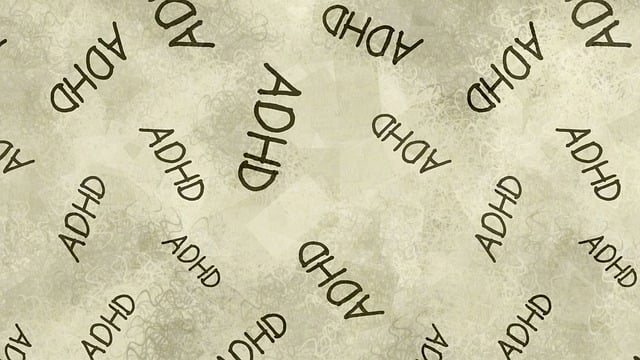Lafayette Young Adults Therapy offers specialized Crisis Intervention Team (CIT) training, focusing on positive thinking, resilience building, and empathy strategies. These programs empower CIT members with essential skills to provide effective, compassionate care during mental health crises. Through regular debriefing sessions, self-care initiatives, and holistic practices, the team ensures sharp skills and optimal support for young adults in need within the Lafayette community.
In today’s challenging social landscape, effective crisis intervention is paramount, especially for Lafayette young adults facing mental health crises. This article delves into the crucial role of Crisis Intervention Teams (CITs) in supporting this vulnerable demographic. We explore the transformative impact of well-structured training programs tailored to Lafayette Young Adult Therapy, focusing on key components that empower CIT members. Furthermore, we provide strategies for seamlessly integrating and sustaining these skills in real-world settings, ensuring a more responsive and effective support system for young adults in crisis.
- Understanding Crisis Intervention Teams: Their Role and Impact on Young Adults
- Key Components of Effective Lafayette Young Adult Therapy Training Programs
- Strategies for Implementing and Sustaining Crisis Intervention Team Skills in Everyday Practice
Understanding Crisis Intervention Teams: Their Role and Impact on Young Adults

Crisis Intervention Teams (CITs) play a vital role in supporting young adults facing mental health crises. These specialized teams, often comprising healthcare providers, counselors, and social workers, are designed to offer immediate and effective assistance. When faced with a crisis, CITs provide a safe space for individuals to receive urgent care, de-escalate intense emotions, and connect them with ongoing support systems.
The impact of these teams is significant, especially in communities like Lafayette where young adults may struggle with anxiety relief and access to appropriate therapy. Through comprehensive training programs that incorporate compassion cultivation practices and cultural competency, CIT members are equipped to handle diverse situations sensitively and effectively. This ensures that young adults receive the help they need, fostering a sense of security and improving their overall well-being.
Key Components of Effective Lafayette Young Adult Therapy Training Programs

Effective crisis intervention team (CIT) training programs for Lafayette Young Adult Therapy focus on several key components to ensure preparedness and impact. Firstly, these programs emphasize the importance of Positive Thinking as a foundational strategy. By equipping participants with techniques to cultivate optimism and constructive mindset shifts, CIT members can better support individuals in crisis by instilling hope and encouraging proactive problem-solving.
Additionally, Resilience Building is a core element. Training should include practical exercises that teach young adults to bounce back from adversity, cope with stress, and maintain mental fortitude. This includes fostering Empathy Building Strategies, enabling CIT team members to connect deeply with the experiences of those in crisis, thereby providing more nuanced and compassionate support. Such comprehensive training ultimately prepares Lafayette Young Adult Therapy teams to effectively navigate challenging situations and promote lasting positive outcomes.
Strategies for Implementing and Sustaining Crisis Intervention Team Skills in Everyday Practice

Implementing and sustaining crisis intervention team skills requires a multifaceted approach that goes beyond initial training. At Lafayette Young Adults Therapy, we emphasize the importance of ongoing practice and integration into everyday work routines. One effective strategy is to establish regular debriefing sessions where team members can reflect on real-life scenarios and apply learned techniques. This facilitates continuous learning and ensures that crisis intervention skills remain sharp and relevant.
Moreover, integrating crisis intervention practices into established self-care routine development for better mental health can enhance resilience both personally and professionally. Encouraging team members to prioritize emotional healing processes through mental wellness coaching programs and regular practice of self-care can significantly contribute to sustaining the skills acquired during training. This holistic approach not only benefits individual well-being but also strengthens the overall effectiveness of crisis intervention efforts within the team.
Crisis intervention team training programs, focusing on Lafayette Young Adult Therapy, are vital tools for equipping professionals with the skills to navigate and mitigate mental health crises effectively. By integrating key components such as crisis assessment, communication techniques, and de-escalation strategies, these programs empower teams to provide immediate and impactful support. Sustaining these skills in everyday practice requires ongoing training, collaborative efforts, and a commitment to continuous improvement, ensuring that Lafayette’s young adults receive the best possible care during their most vulnerable moments.














